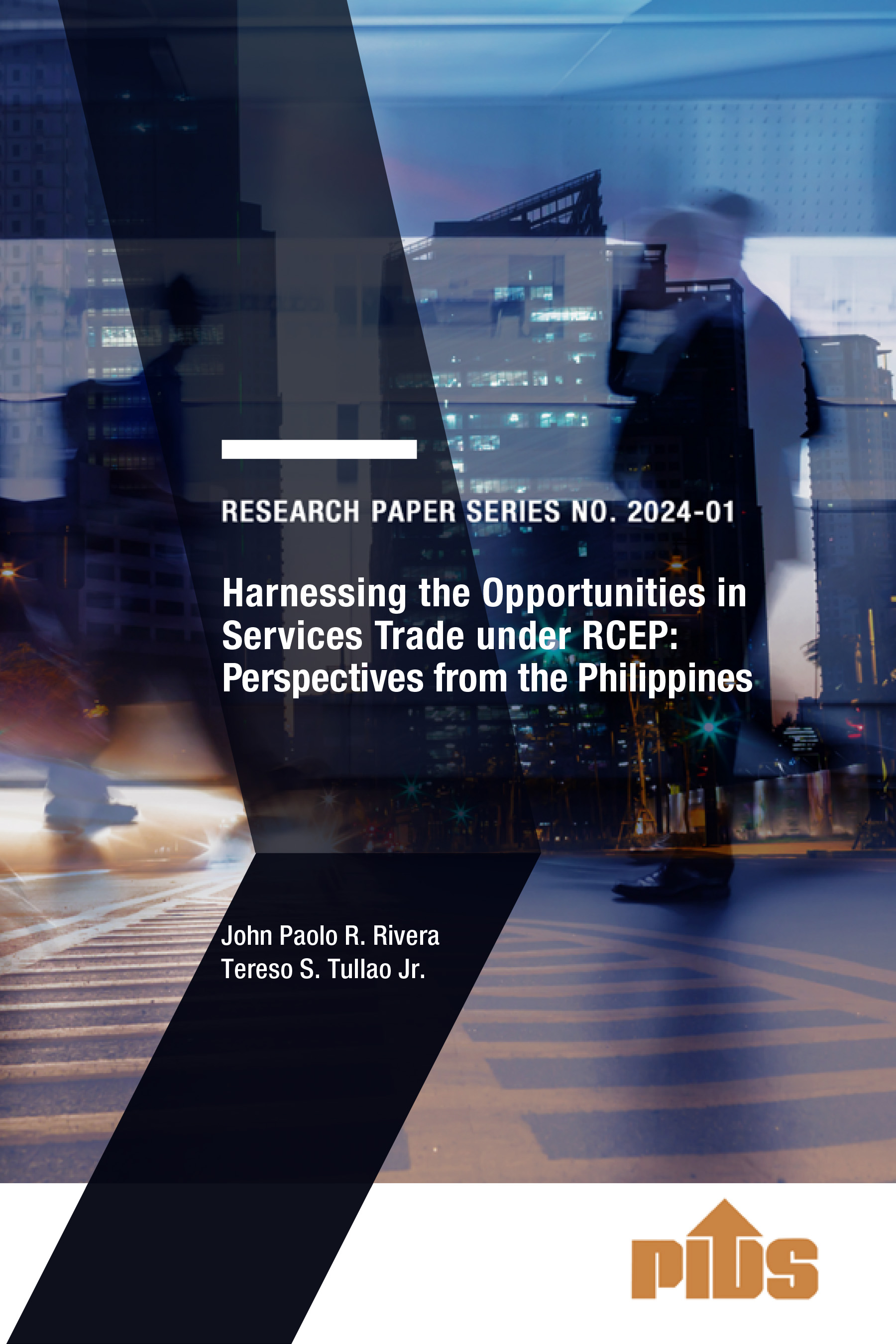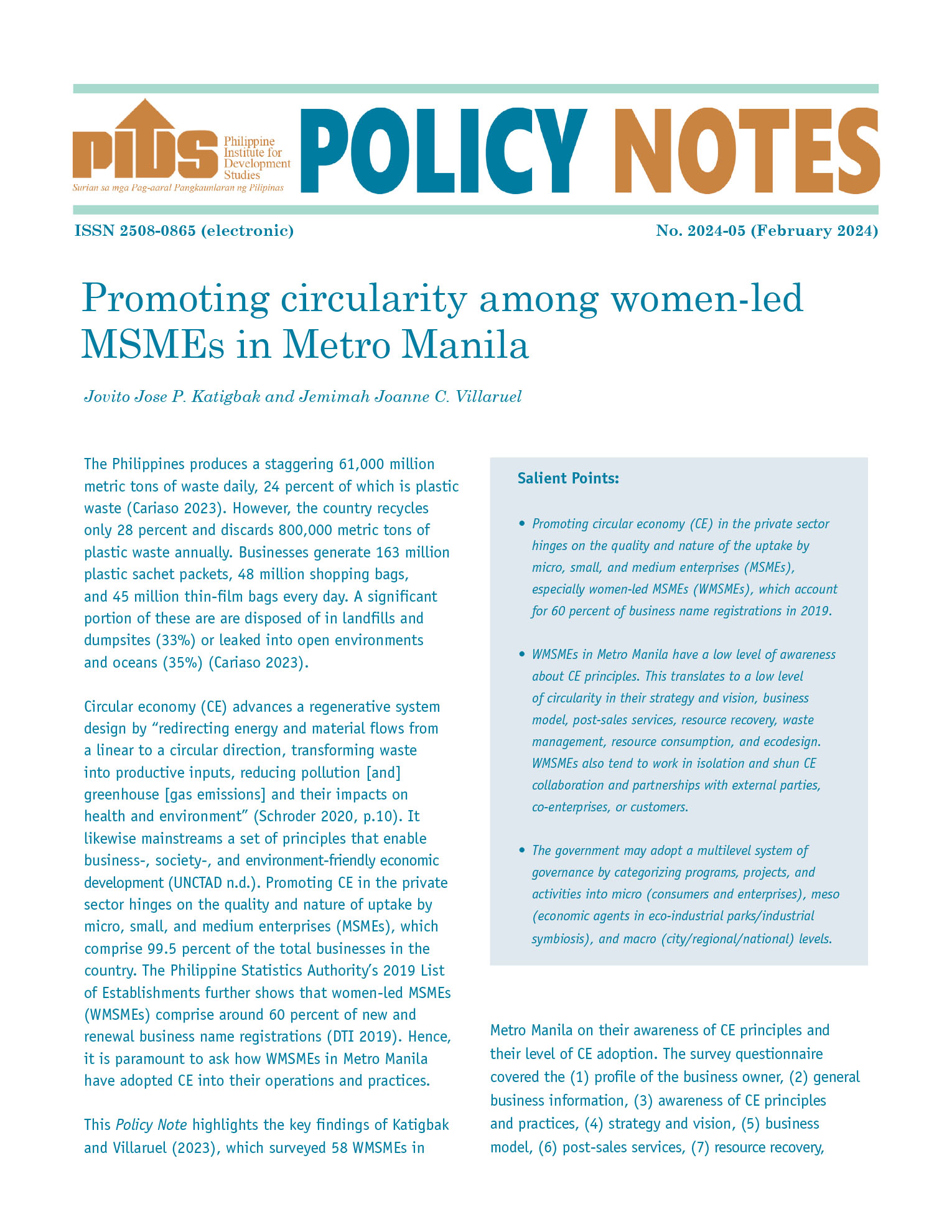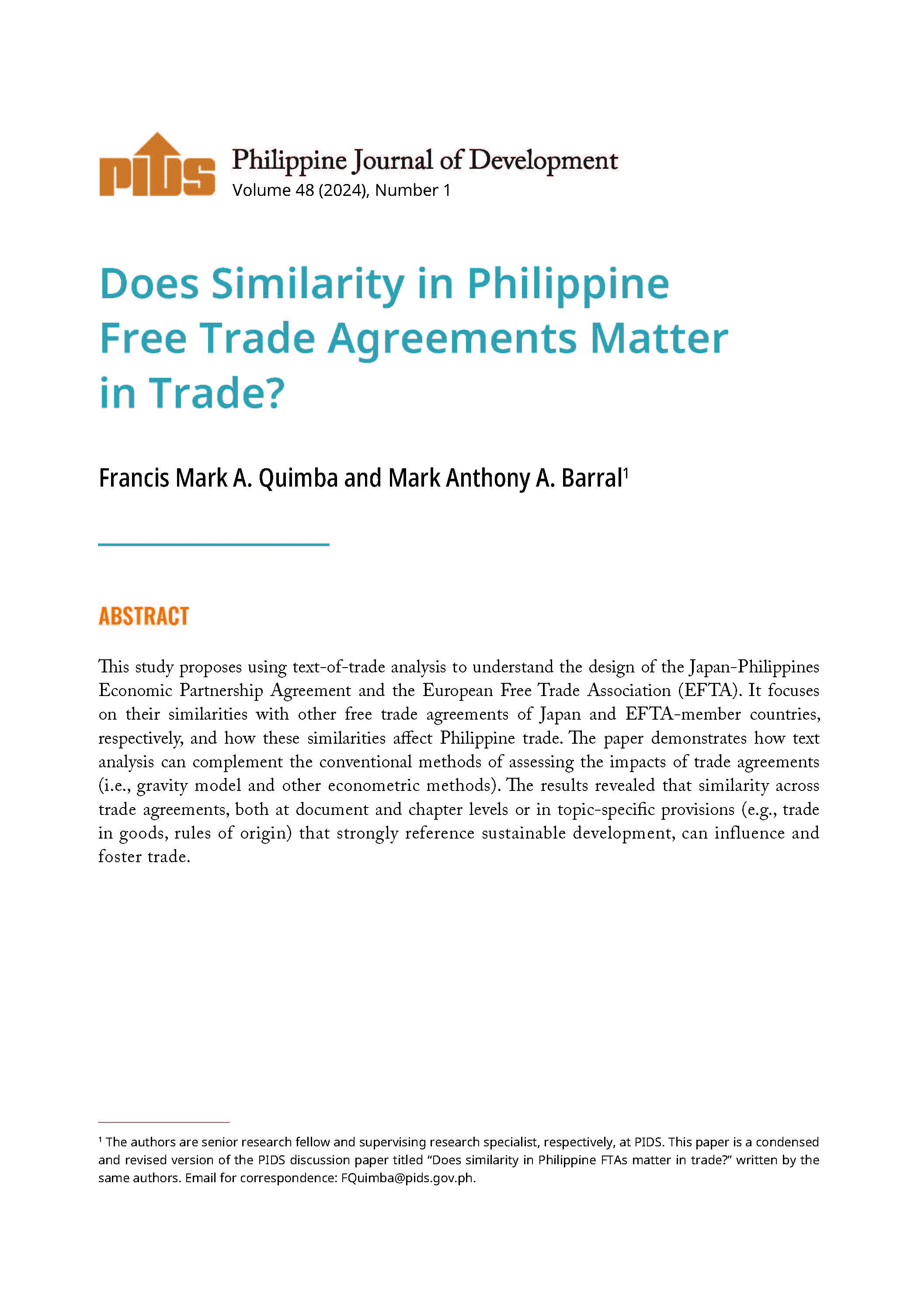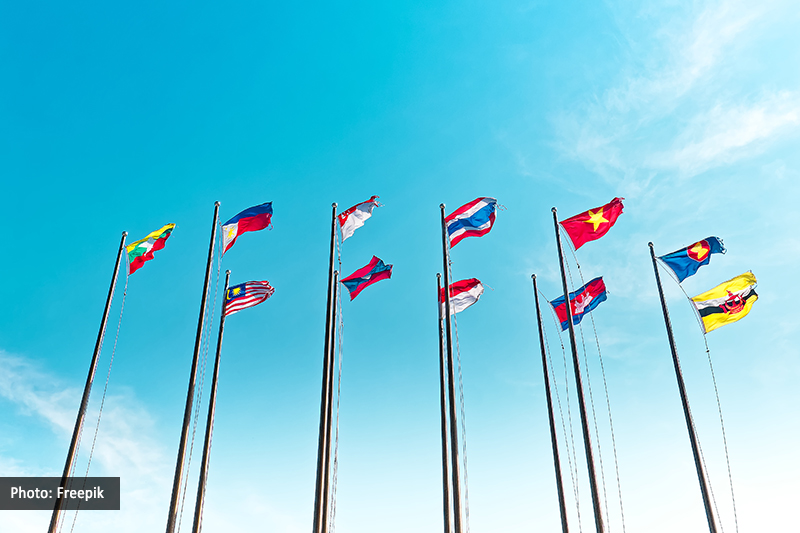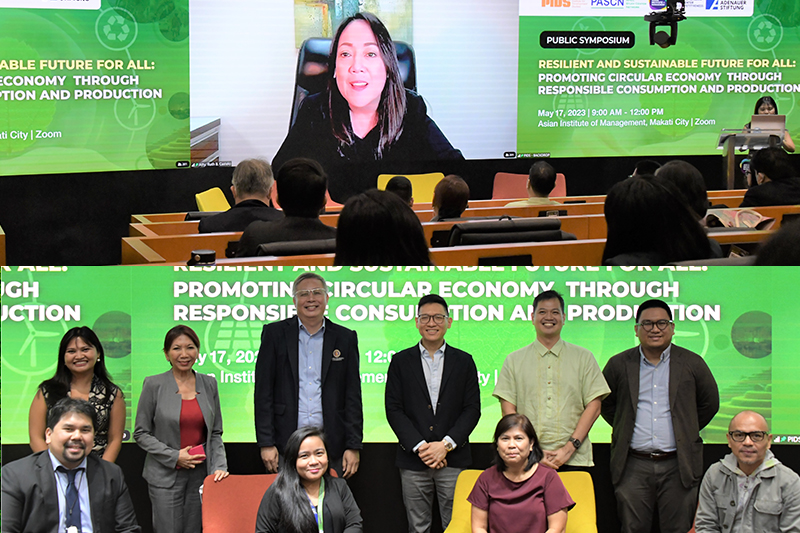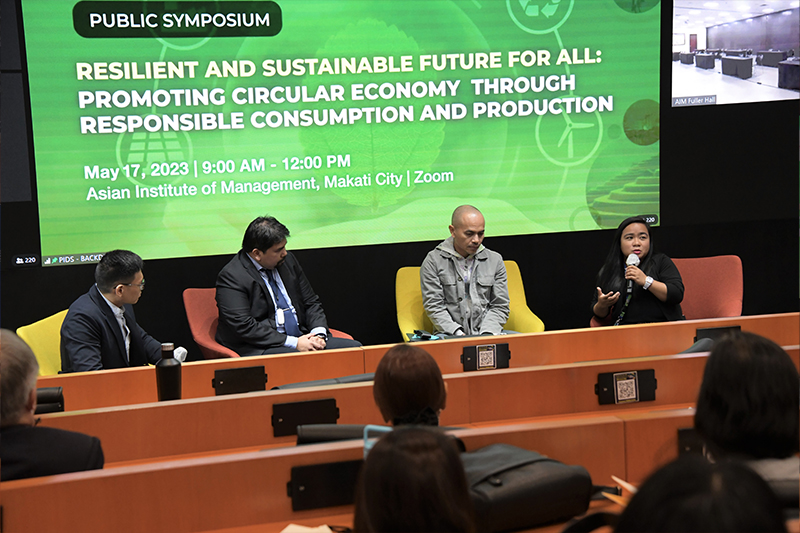Manila, Philippines – An online public hearing for the Regional Comprehensive Economic Partnership (RCEP) Agreement was conducted by the Senate Committee on Foreign Relations (CFR) last 29 October 2021. The hearing was led by Sen. Koko Pimentel, Chairperson of the CFR and attended by representatives from the government, academe, private sectors, and civil society organizations. The Department of Trade and Industry (DTI) was represented by DTI Secretary Ramon M. Lopez, Undersecretary Ceferino S. Rodolfo, and RCEP Lead Negotiator, Assistant Secretary Allan B. Gepty.
The RCEP Agreement, which was signed by the Philippines together with ASEAN Member States, Australia, China, Japan, Korea and New Zealand on 15 November 2020 during the 4th RCEP Leaders’ Summit, is the world’s largest free trade area in terms of global trade, GDP, FDIs, and market.
The RCEP accounts for 29% of the world’s trade, 29% of world’s GDP, 33% of global inward Foreign Direct Investments (FDI), 47% of global outward FDI, and 2.3 billion population (29% of the world’s population).[1] The Agreement also represents 51% of the Philippines’ exports, 68% of the country’s imports, and 58% of FDI source in 2020.
During the opening of the session, DTI Secretary Lopez highlighted the critical role of RCEP in boosting equitable economic growth, including for MSMEs, through the expansion of regional trade, services, and investments linkages. As a number of the country’s key trading partners are present in the Agreement, he also emphasized that the benefits to the country far outweigh the cost of not joining, and called for the timely completion of domestic procedures within the year.
According to Secretary Lopez: “The RCEP provides for a framework aimed at further lowering trade barriers, and securing improved market access for goods and services for businesses in the region characterized by a 2.3 billion USD potential consumer base, and a collective GDP that makes up almost 1/3 of the world’s GDP, global trade, and global inward foreign direct investments.”
“The benefits of the RCEP Agreement to the Philippines far outweigh the cost of not joining. We urge for the Senate’s concurrence of RCEP within the year to allow the country to be a part of this largest free trade area and to ensure that we take advantage of this mega deal to facilitate post-pandemic economic growth,” the PH trade chief added.
RCEP Lead Negotiator, Assistant Secretary Allan Gepty, further presented at the public hearing the 4Cs in which the key benefits of RCEP for the Philippines can be summarized, namely: i) cheaper costs for sourcing key inputs of the manufacturing sector; ii) convenience for businesses in trading with key FTA partners; iii) competitiveness for Philippine industries; and iv) complementation of existing government support programs.
“The RCEP provides business friendly mechanisms to facilitate trade with the country’s key trading partners through clear and transparent procedures. Together with a secure market access for cheaper raw materials and intermediate goods to sustain and improve its export and local industries, Philippine exports can also avail of flexible certification procedures (e.g. Certificate of Origin) that will make it easier for businesses, especially MSMEs, to use the FTA and avail of the preferential arrangement,” said Asec. Gepty.
These views were shared by the ten (10) other government agencies present at the hearing and they similarly expressed support for the country’s immediate participation in the FTA.
The online public hearing also facilitated the strong call not only among negotiators and policy makers, but also within the academe and business community for the country to join the RCEP Agreement.
Atty. Anthony A. Abad, Chief Executive Officer of TradeAdvisor, echoed the support for the Senate to facilitate concurrence of the Agreement.
“The Philippines’ participation in RCEP is not really an option, but an imperative. For any self-respecting, internationalizing nation, you need to be part of these international trade agreements”, as mentioned by Atty. Abad.
Dr. Francis Quimba of the Philippine Institute for Development Studies also presented to the public hearing the initial findings of his study which indicates that non-participation or delayed participation of the Philippines to the Agreement would negatively affect our economy.
This was supported by the presentation of Dr. Caesar Cororaton, Senior Research Fellow at the Virginia Polytechnic Institute and State University in the United States, who shared that in all scenarios generated in the findings of his ongoing study, the potential trade creation effects for the Philippines will benefit the economy.
According to Dr. Cororaton: “RCEP is initially estimated to improve the country’s trade balance by as much as USD51.7-M, increasing overall welfare by USD573.7-M, contributing to a 0.84% real GDP growth, and lowering poverty incidence by 4.97% in 2030.”
The target entry-into-force of RCEP is in early 2022. Following issuance of RCEP’s instrument of ratification by President Duterte on 2 September 2021, the Agreement has been endorsed to the Senate for their concurrence.
The Plenary session to deliberate on the Senate’s concurrence to the Philippines’ ratification of RCEP will be facilitated by the Committee on Foreign Relations. The Committee handles matters relating to the Philippines relations’ with other nations, diplomatic and consular services, engagements with ASEAN, the United Nations and its agencies, and multilateral organizations such as the WTO, among others.
PH to benefit from RCEP Agreement through 4Cs: cheaper cost, convenience, competitiveness, and complementation

